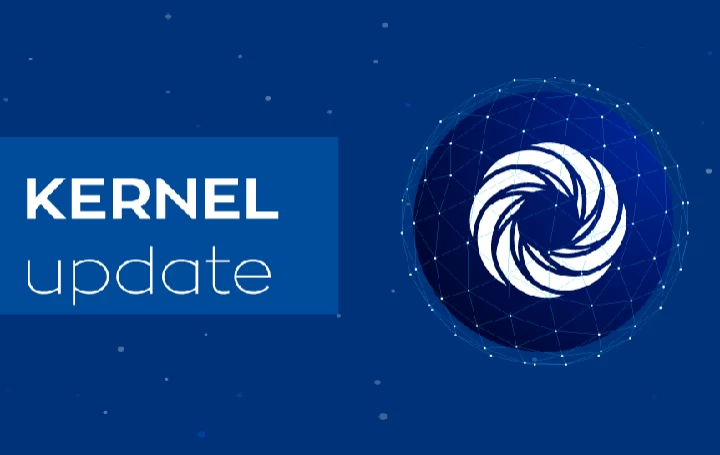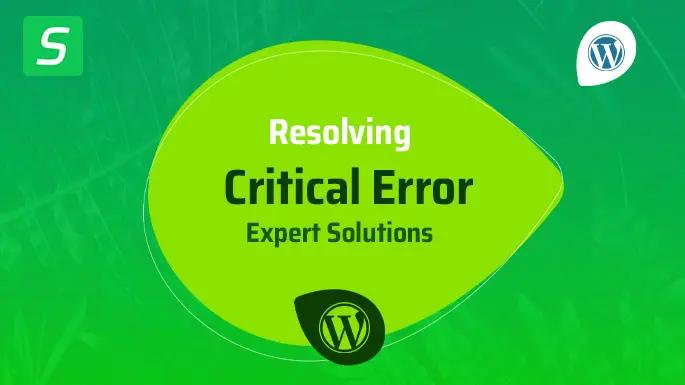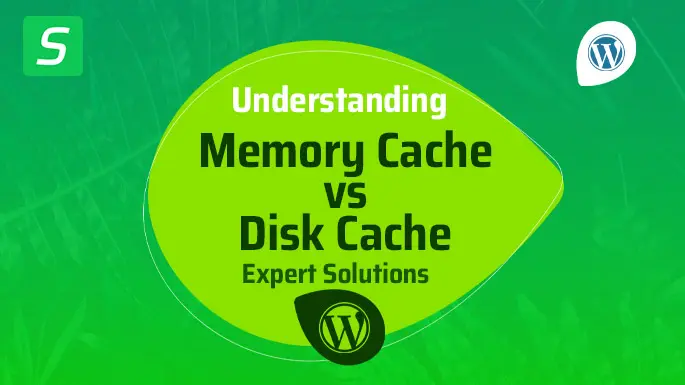Introduction
- Briefly explain the importance of performance optimization in WordPress websites.
- Discuss the impact of site speed on user experience, SEO, and conversion rates.
- Highlight the role of plugins in enhancing website performance.
Chapter 1: Understanding Performance Optimization in WordPress
- Explain the factors affecting WordPress site performance (e.g., hosting, themes, plugins, media).
- Discuss the significance of page load time and ways to measure site speed (using tools like GTmetrix, and Google PageSpeed Insights).
Chapter 2: Core Principles of WordPress Performance Optimization
- Explain caching mechanisms and its importance in speeding up a website.
- Discuss the significance of minimizing HTTP requests, optimizing images, using CDN (Content Delivery Network), and browser caching.
Chapter 3: Top WordPress Plugins for Performance Optimization
Section 1: Caching Plugins
- Discuss popular caching plugins like W3 Total Cache, and WP Super Cache, and explain their features and functionalities.
- Explain how these plugins optimize site performance by caching static content.
Section 2: Image Optimization Plugins
- Explore plugins such as Smush, Imagify, or ShortPixel that help in reducing image sizes without compromising quality.
- Discuss their features like bulk optimization, lazy loading, and the impact on page load time.
Section 3: CDN (Content Delivery Network) Plugins
- Explain CDN and its role in distributing website content globally for faster delivery.
- Discuss plugins like Cloudflare, KeyCDN, or StackPath and their integration with WordPress.
Section 4: Minification and Compression Plugins
- Discuss plugins like Autoptimize, Breeze, or Fast Velocity Minify that minimize CSS, JavaScript, and HTML files to reduce their size.
- Explain how these plugins help in compressing files without losing essential code.
Section 5: Lazy Loading Plugins
- Explore lazy loading plugins such as Lazy Load by WP Rocket or a3 Lazy Load and how they defer off-screen images and videos, improving initial page load time.
Section 6: Database Optimization Plugins
- Discuss plugins like WP-Optimize or WP Rocket that optimize the WordPress database by cleaning up unnecessary data, revisions, and spam comments.
Section 7: AMP (Accelerated Mobile Pages) Plugins
- Explain the importance of mobile optimization and discuss plugins like AMP for WP or AMP by Automattic that create AMP versions of pages for faster mobile loading.
Chapter 4: Best Practices for Using Performance Optimization Plugins
- Offer tips on choosing the right plugins based on specific website needs.
- Emphasize the importance of regular updates, compatibility checks, and plugin configuration for optimal performance.
Chapter 5: Conclusion
- Recap the importance of performance optimization in WordPress websites.
- Summarize key points from the guide.
- Encourage readers to implement the discussed plugins and strategies for improved website performance.
Facebook
WhatsApp
LinkedIn
X





